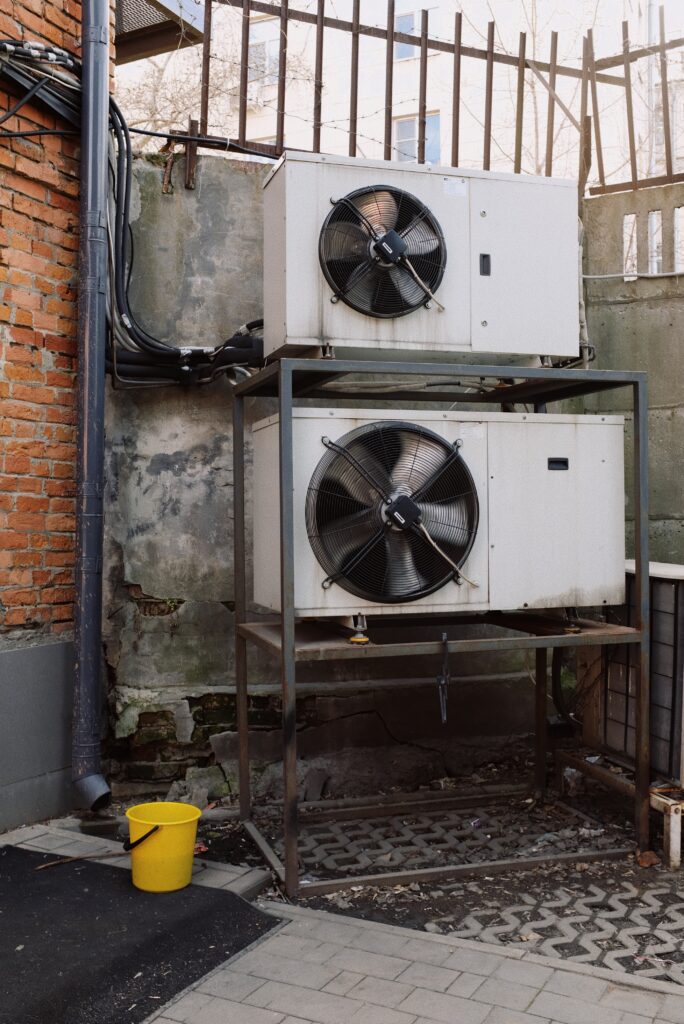 8 TipsTo Prevent Downtime With York Applied Precision Air Compressor Parts
8 TipsTo Prevent Downtime With York Applied Precision Air Compressor Parts
You know how vital it is to keep your machines in good working order if you own a business or a factory. You won’t be able to utilize your machinery if your compressed air systems fail. And if you don’t have a backup, manufacturing will halt, and you won’t be able to fulfill your customers’ orders.
You can reduce downtime, retain performance at its peak, and keep producing money with the correct monitoring and maintenance protocols in place.
1. Make sure you inspect your compressor regularly.
Once a week, take a brief look at your air compressor. A visual check should take no more than five minutes and will give you a decent indication of the condition of your compressor and what it requires.
When inspecting your air compressor, look for concerns such as oil leakage. If your compressor leaks oil, it loses the lubricant that keeps it functioning smoothly, leading to other issues like hoses breaking. Your air compressor will undoubtedly stop working if a hose breaks. It will result in downtime and delays as you seek to resolve the issue.
When inspecting your compressor, ensure sure the filters are clean as well. Filters that are unclean or clogged in an air compressor might cause problems. They prevent air from moving, causing an air compressor’s temperature to rise to dangerously high levels. If the filters appear dirty, try blowing the dirt out, but If a filter is severely blocked, it may be necessary to replace it. But if you are using york applied parts, there will be no downtime so early.
2. Clean your cooler with high-pressure water.
 Pressure-washing your cooler is critical, mainly if you work in dirtier environments. Cleaning your cooler before you need it will save you time.
Pressure-washing your cooler is critical, mainly if you work in dirtier environments. Cleaning your cooler before you need it will save you time.
You should pressure wash your cooler before the hot summer months arrive. You’ll need a lot of cool, clean air to get rid of the heat that builds up inside your air compressor. When it’s hot outdoors, a clogged system won’t be able to let in enough air, causing it to overheat quickly. When you clean your air compressor with the correct pressure, it may keep your equipment working smoothly while controlling the temperature.
3. Keep an ear out for any unusual noises.
It could indicate that something is amiss if the sound of your air compressor changes. Because you hear your air compressor run every day, you should have a solid notion of how it sounds and be able to identify if something is amiss quickly. If the compressor makes a funny noise or appears to be working harder than it should, have it looked at outright once.
As part of your routine maintenance, listen to your air compressor frequently to detect minor issues before they become more serious.
4. Make sure the airflow in your compressor chamber is enough.
There must be enough airflow since insufficient airflow can impact the working temperature of the air compressor. The compressor could break if it doesn’t get enough air and grows too hot, resulting in an extended period of downtime. If your compressor isn’t getting enough air, it will have to work harder, and the oil will last less.
5. Inspect your tank’s, dryer’s, and filter’s drains.
Check the drains on your air compressor’s tank, dryer, and filter regularly to ensure it’s in good working order. It’s crucial to inspect these drains during the hot and humid summer months when your air compressor is exposed to more moisture than usual. Drains that are clean and functional can assist keep water out of your compressed air and ensure that your compressor functions correctly.
6. Make sure your air compressor’s oil is fresh.
The oil in an air compressor becomes foul with time, like the oil in a car. Setting up a regular oil change schedule might help keep your compressor in good working order. To save downtime, use fresh fluid to maintain the viscosity of your compressor, increase its lubrication, and remove moisture and other contaminants.
7. Make that the belts and connections are in good working order.
 The belts and couplings on your air compressor don’t always get the attention they deserve. People frequently forget to monitor them, and issues can arise quickly. Belts and couplings wear down quickly, especially when the weather is hot. When they become worn out, they can reduce the effectiveness of an air compressor or perhaps prevent it from working at all. Checking your compressor’s belts and couplings regularly can help keep it in good working order.
The belts and couplings on your air compressor don’t always get the attention they deserve. People frequently forget to monitor them, and issues can arise quickly. Belts and couplings wear down quickly, especially when the weather is hot. When they become worn out, they can reduce the effectiveness of an air compressor or perhaps prevent it from working at all. Checking your compressor’s belts and couplings regularly can help keep it in good working order.
8. Prioritize preventive maintenance on your to-do list.
An air compressor can be kept from breaking down by doing preventive maintenance. To get the most out of your air compressor and minimize productivity losses, schedule preventative maintenance with a trustworthy provider like Titus Company. Preventive care allows you to identify and resolve minor issues before they become major ones that result in catastrophic failure or extended downtime.

